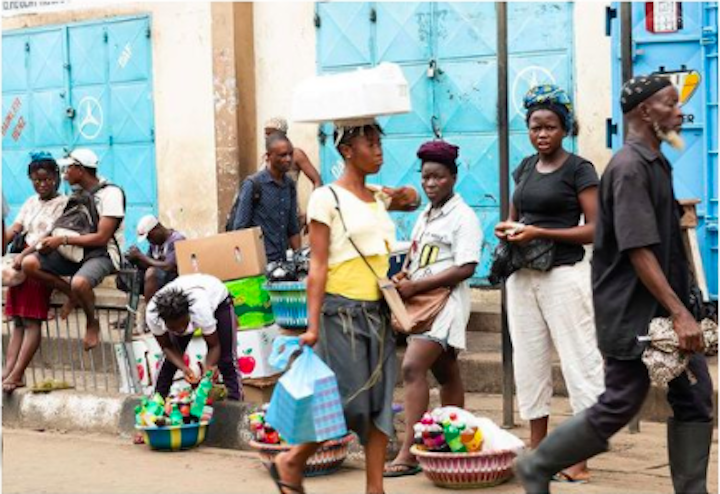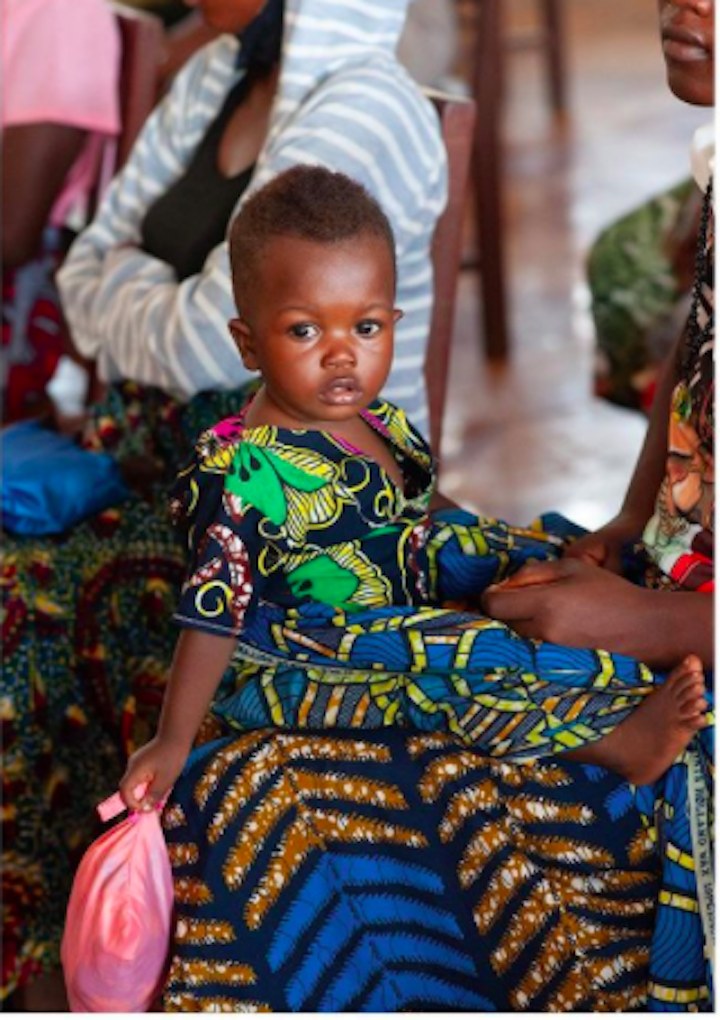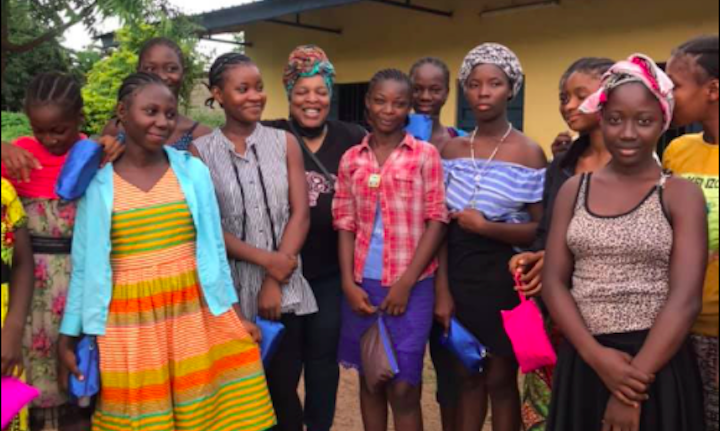Sierra Leone is somewhat of a forgotten country of the African continent, but you’d be amazed at the resilience, colorful creativity and largely female-led ingenuity that can be found in the country of 7 million, 53% of which are women.
For many African Americans, when we think of Sierra Leone, we recall a horrible civil war, the fight over blood diamonds and the devastation of Ebola. But Sierra Leone and the women that lead the charge of recovery deserves reconsideration.
Nicole Brassington and Dr. Angelina Strickland, co-founders of Bespoke Global Health Initiatives (BGHI), a Kentucky-based nonprofit whose mission it to support women and girls across the black diaspora in their health and business endeavors, hosted six American female entrepreneurs in the surprisingly open and welcoming destination.
“My partner and I came to Sierra Leone in 2019 on the invitation of a fellow nurse practitioner, and we were moved by the resilience of the women in a country that is rebuilding after such devastation, and we wanted to be a vital part of that rebuild,” said Nicole Brassington. “On this trip, we were committed to supporting these young female entrepreneurs by buying and distributing hundreds of much-needed sanitary napkins and supporting the emerging fashion talent, we can’t wait to show the world what we found.”

Before your visit, the government of Sierra Leone requires a yellow fever vaccination, Hep A & B and proof of a negative COVID-19 test. It is not mandatory that you are fully vaccinated, but it is encouraged. Upon your arrival, you will be COVID tested right there in the Sierra Leone airport in their makeshift testing facility before you are able to leave the airport.
Freetown is the capital of Sierra Leone, with over 2 million residents calling it home. A 12-passenger ferry boat that crossed the Atlantic Ocean acted as our form of transportation to Freetown, our destination. This vibrant unpaved, rocky and bumpy roaded city is full of moving parts. Motorbikes whizzing double and sometimes triple-packed customers from one point to another. The red dirt that makes up its roads and walkways takes the place of concrete and acts as a living, breathing reminder of the fact that you’re in an undeveloped country.
The poverty is apparent, as hundreds of thousands of its inhabitants live without running water, toilets and electricity. But the glorious colors of the motherland are apparent as most of the women wore African prints around their waist, on their heads as they carried products or food to sell and to carry their young.
On our first day, we met and visited with Madame Anita Koroma, founder of Girl Child Network of Sierra Leone, a non-profit stationed in the province of Freetown whose sole mission is to elevate the lives of Sierra Leonean girls. With the production of their independently crafted reusable sanitary pads and menstrual kits, The Girl Child Network employs and trains hundreds of women to become business owners and self-reliant.

We were able to see their assembly line and training in real time and met some of the women who have been impacted by the tireless work of Madame (Ms.) Anita. Brassington and Strickland, inspired by her work, began corresponding with Madame Anita three years ago, wanting to establish an authentic partnership with someone they felt could help them make a real impact in Sierra Leone. While in the country, Madame Anita was our gracious tour guide as we visited her training facilities and universities that focused on the resilience of the country’s women.
“This work that I do will leave a legacy of resilient women so that when I’m dead and gone, people can say that I helped a community of women learn how to make their own money,” said Madame Anita Koroma. “They learn to live and not be dependent on the man, but able to feed their families and teach their own daughters resilience and business ownership, not just survival skills. Charity does nothing without the ability to make a living for yourself. This is what I’m leaving behind for the women of Freetown to take care of themselves.”
By day three, we had visited one secondary school, a growth center and a training facility that taught girls how to build and maintain solar panels. But, it was the dress designers that made the most impact. We met Mariatu Muni and Khadijah Jalloh who had the ability to duplicate a photo in a matter of days to produce beautiful dresses, jackets and shirts for our group. We were blown away by their precision to detail and perfect fit.
On day five, we traveled an hour again by boat to visit Bunce Island, the country’s biggest slave trade port where tragically, the men and women who worked in Sierra Leone’s rice fields became some of the most sought-after slaves bound for the American states of Georgia and South Carolina. The castles that once housed our ancestors before they walked through the “door of no return” to Georgia and South Carolina, lie in ruins, crumbling from roots and vines that are slowly strangling what’s left of this port. Decades-old, thick- trunked trees of life signify the resilience of this island where you can see canons still pointing out to sea.
The last day of the trip was set on a sandy beach, Tokeh Sands Resort, which is what Sierra Leone is most known for. Though we were able to relax on a soothing beach front, the need to do our part was ever present in our minds and our conversation over the bomb fire. The poverty of the country is overwhelming but the enterprise efforts on these women cannot be denied.
Reconsider making your way to the country of Sierra Leone and help the countries enterprising women rebound.
You can find more from Darralynn at www.darralynnhutson.com or in IG: @darralynnhutson.
